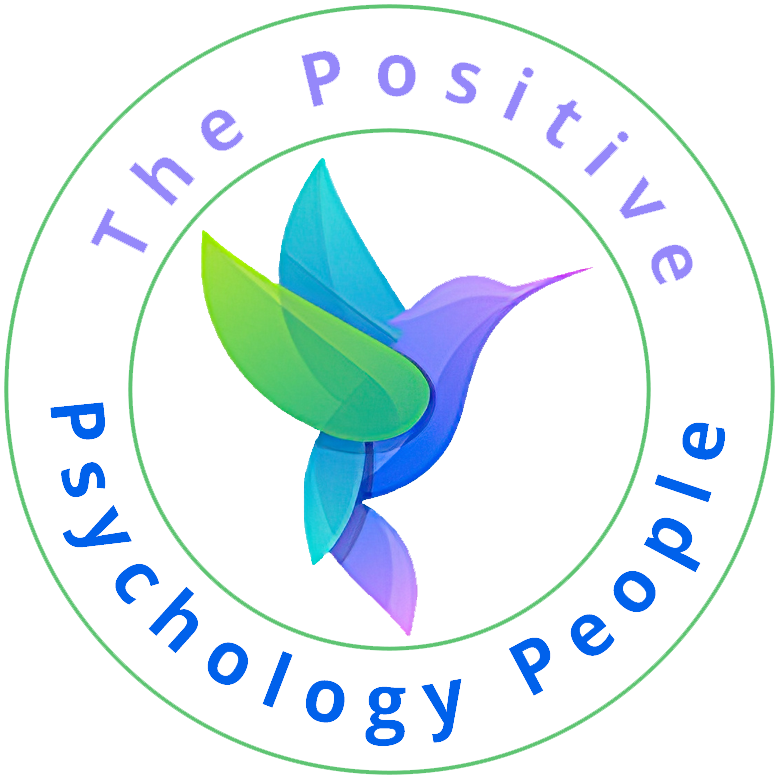Imagine we could create our very own medicine cabinet for the mind so that the next time you encounter a stressful life event you are fully equipped to deal with it.
The diathesis stress model attempts to explain how humans who suffer from psychological illnesses such as depression, anxiety and schizophrenia have encountered these illnesses as a result of their vulnerability to these disorders combined with stressful life event/events. This model suggests we all have certain vulnerabilities for certain mental health disorders based on our genes and/or environment we have been brought up in but that this vulnerability will lay dormant unless triggered by a stressful life event.
When teaching this to my A Level psychology students I found this to be an intriguing concept. If we have vulnerabilities as human beings of specific mental health disorders then we may also have vulnerabilities for certain physical health disorders such as cancer, heart attacks and strokes that too will lay dormant unless triggered by a stressful life event.
For me this is where positive psychology can play a pivotal role in our lives and is an area that needs to be further explored and understood. In previous blogs I have proposed the idea that positive psychological interventions enable us to build up a medicine cabinet for the mind. These interventions can equip an individual with various coping strategies to deal with life’s up and downs and combat against the feelings of stress that can be the catalyst of further mental and potentially physical health problems. The diathesis stress model states that if the vulnerability meets the stress above a certain threshold then the individual will develop the disorder they have a vulnerability to. Put simply, this means that we could combat any mental health disorder if we can learn how to manage and deal with stressful life events in a way that ensures we stay below the threshold of the trigger.
For example, if a child has a predisposition to anxiety and as a teenager experiences a stressful period, such as parental separation, then this could trigger the teenager’s anxiety. The vulnerability has met the stress above the threshold. Now, this doesn’t mean that we can combat against the vulnerability, be it biological or environmental, or the stress, but we can teach people how to cope under stressful situations, how to manage their emotions, how to remain positive, how to calm the body and the mind using positive psychological techniques.
If the same teenager had been taught some positive psychological interventions such as gratitude practice or the best possible selves exercise to develop optimism or mindfulness to maintain control of his/her thoughts then maybe when the stressful life event of his/her parents splitting up took place then these strategies could help the teenager keep the stress below the threshold thus the stress never meets the vulnerability and the illness remains dormant. To me, this is an exciting concept but it also got me thinking about the possibility of the same being true for physical health disorders.
We know that many physical health disorders are genetic and today we have people who go to the extremes of removing both breasts, for example, because their mother suffered from breast cancer in the hope that they might avoid the illness. Yet, what if we could use the same model for physical health illnesses such as cancer. What if cancer lay dormant in the body until combined with a stressful life event and it was only then that it developed and the cancer had the opportunity to grow. We talk a lot about the right environment for growth but what if we can create the right environment for illnesses to grow and develop. That being true however, means we can also create the right environment not to enable these illnesses to grow and develop in our bodies.
This is where the power of our minds come in. Individual differences play a huge part in the diathesis stress model and that needs to be further explored. If you build up your positive psychological medicine cabinet over time you can delve into it when face with life’s challenges. When you are faced with your parents splitting up you practice gratitude and write in your gratitude journal every day to remind yourself of the good things in your life – you are training your brain to focus on the positive (remember, what you focus on grows). You do the best possible selves exercise and develop your optimism for the future – this provides you with a vision that is positive and provides you with hope for the future. You practice mindfulness during this period of your life in particular to help calm your thoughts and ensuring you focus on one thing at a time. During times of stress in my life I have found positive psychological techniques such as the ones described above help me cope, thus maybe enabling me to remain below that all important threshold.
Have you ever noticed how some people cope exceptionally well with stressful events in their lives while others crumble under the pressure and end up on anti-depressants to enable them to cope. The diathesis stress model might help us understand this a little more but it may also help people realise that it doesn’t have to be this way. That we have the power to take control back and manage these stressful life events to ensure we remain below the trigger point. Exploring positive psychological interventions and finding the right ones for you is crucial. If you are yet to make a New Year resolution then I suggest you focus this year on building up your medicine cabinet for the mind so that next time you encounter a stressful life event that trigger will never be pulled. How wonderful to consider we have the power to control the illnesses we encounter.

